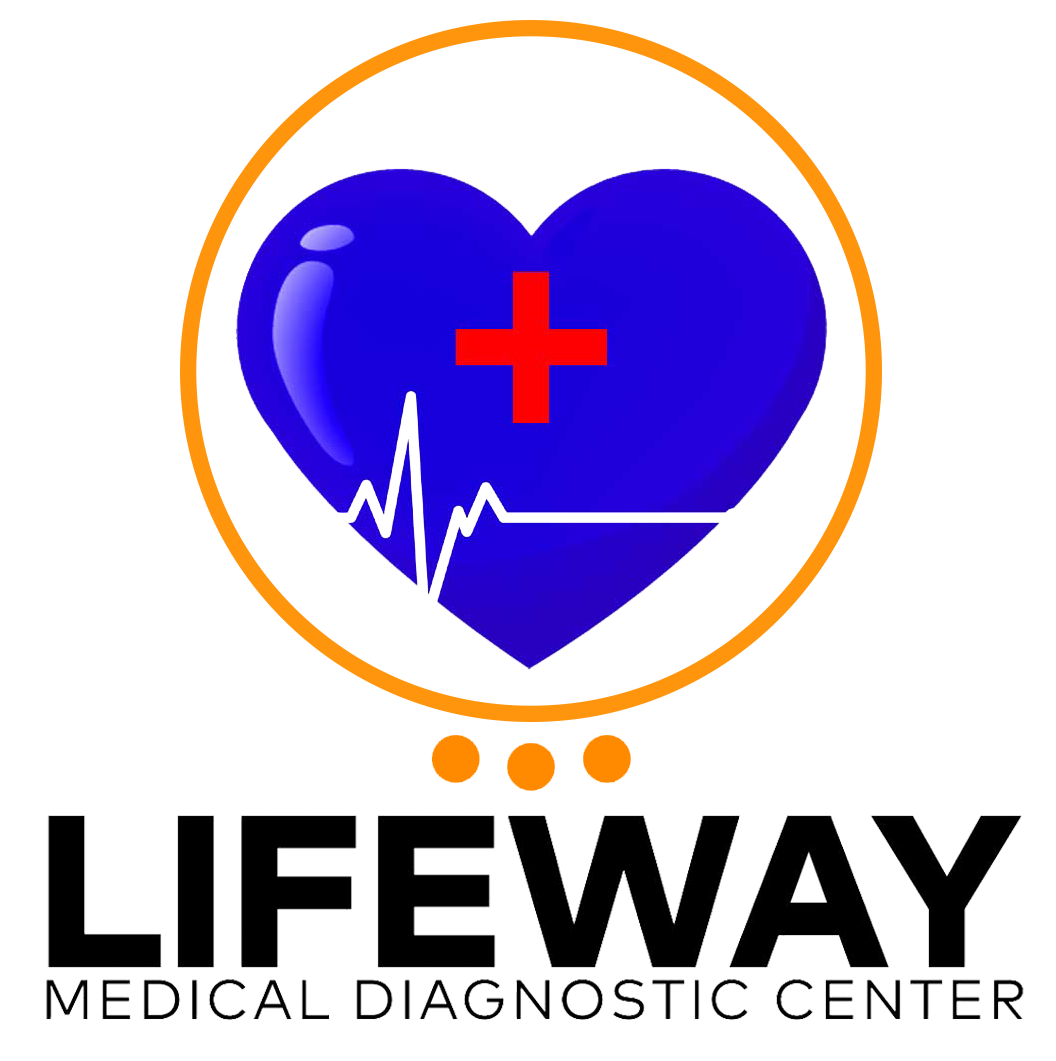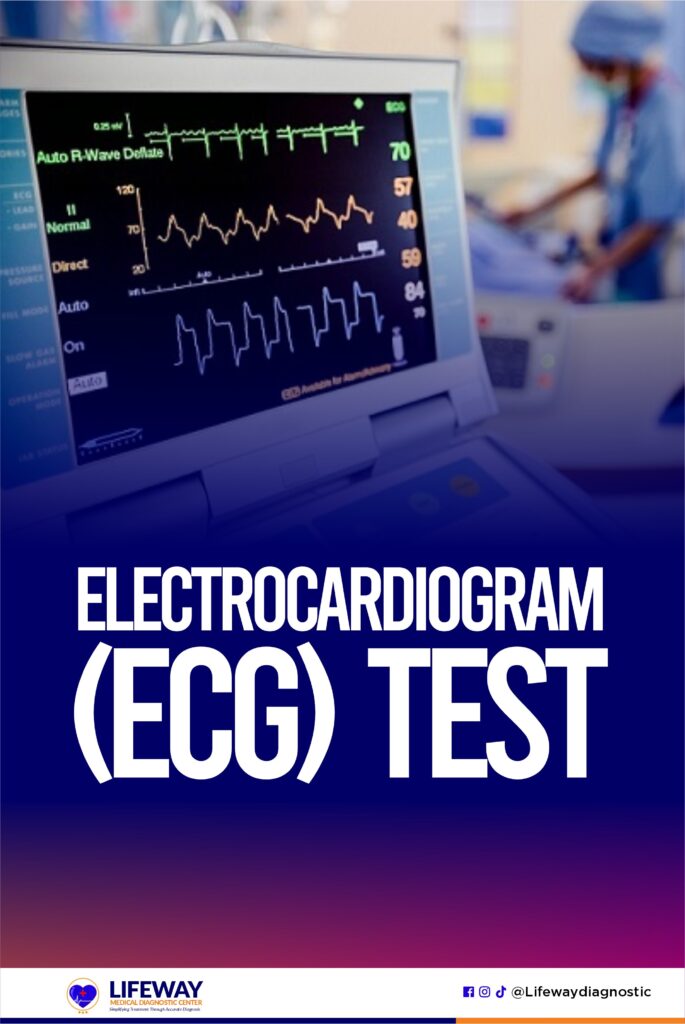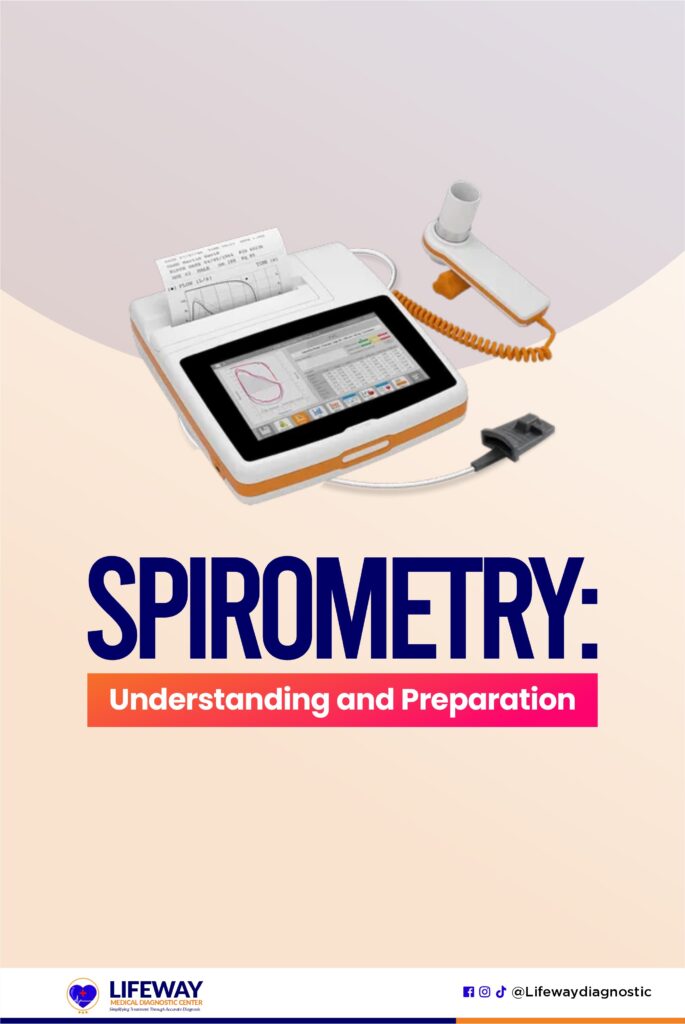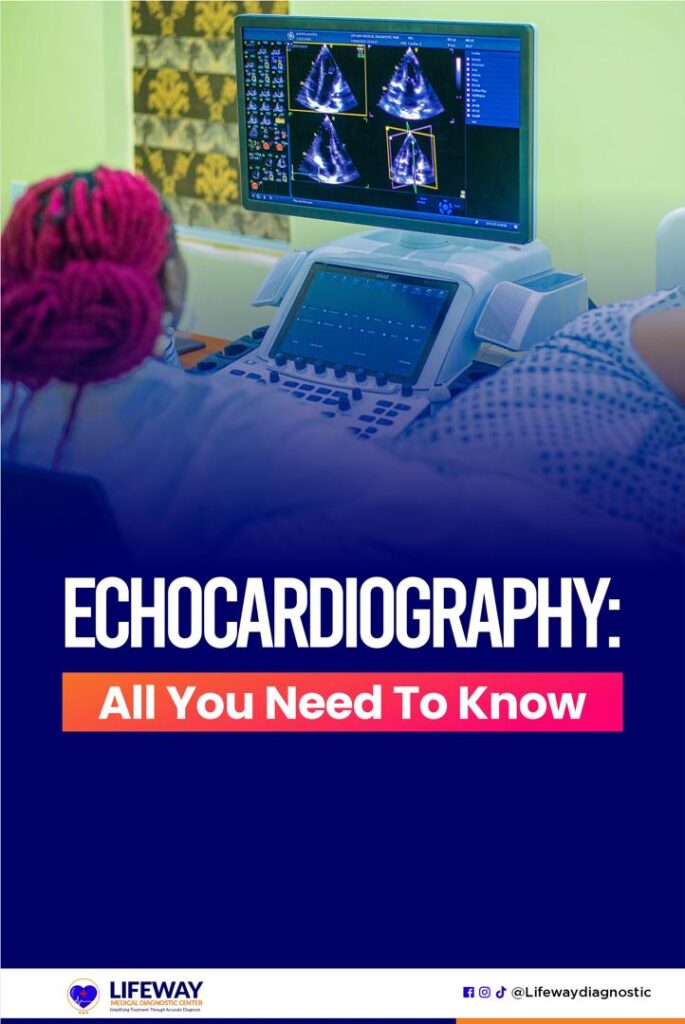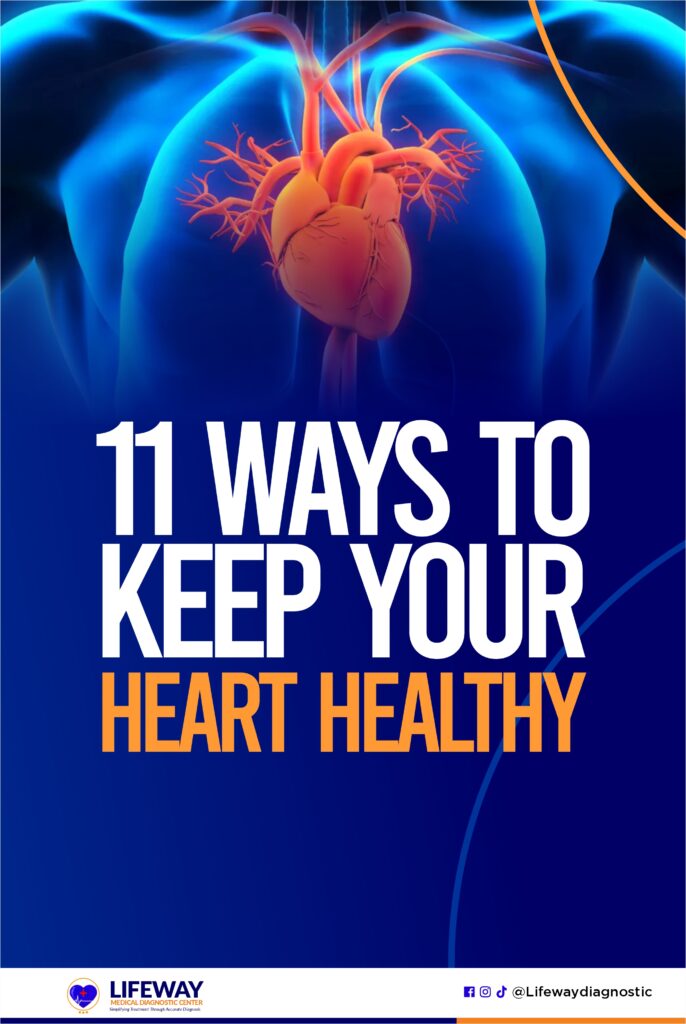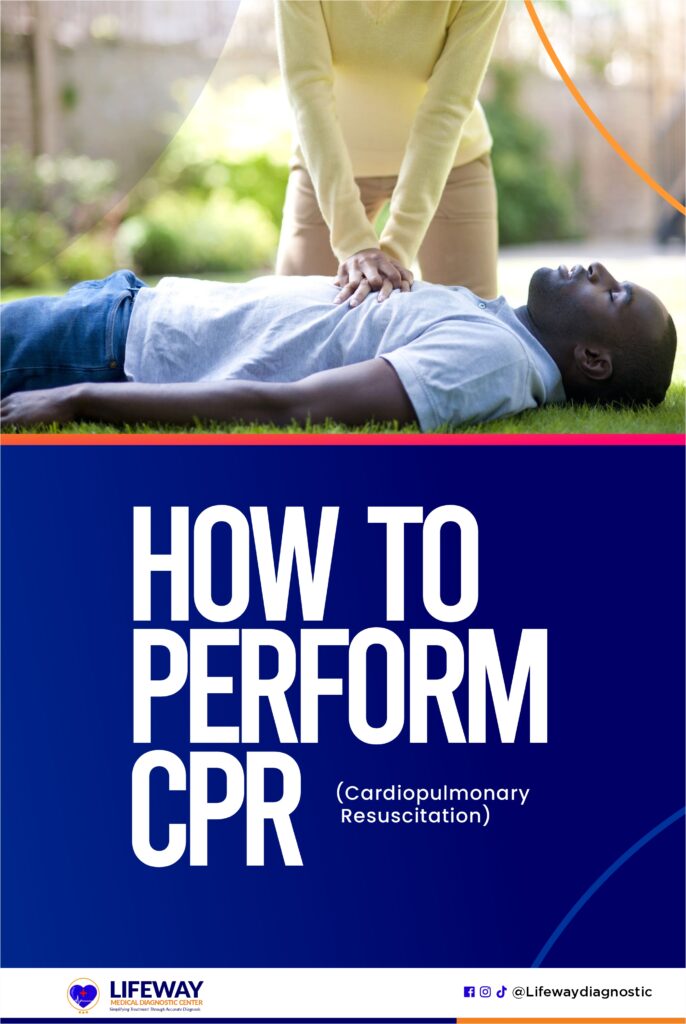Electrocardiogram (ECG) Test
The electrocardiogram (ECG) is an invaluable diagnostic tool that provides critical information about the heart’s electrical activity. It aids in diagnosing heart conditions, monitoring treatment effectiveness, and assessing cardiac risk.
If your healthcare provider recommends an ECG, it is an opportunity to gain valuable insights into the health of your heart and take proactive steps toward maintaining a healthy cardiovascular system.
Electrocardiogram (ECG) Test Read More »
